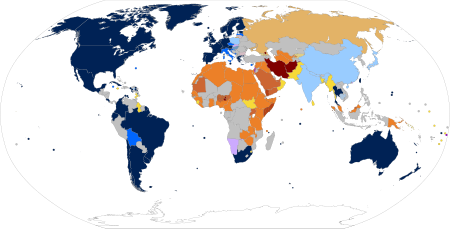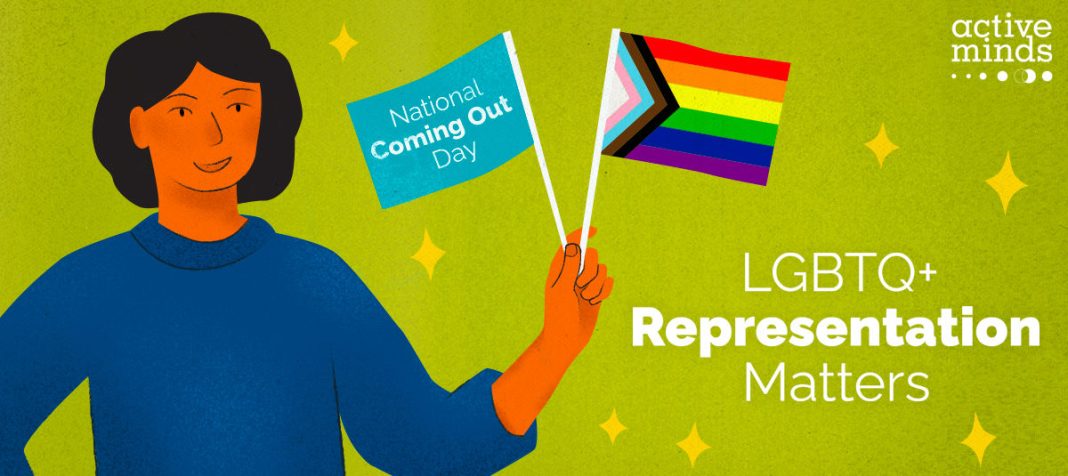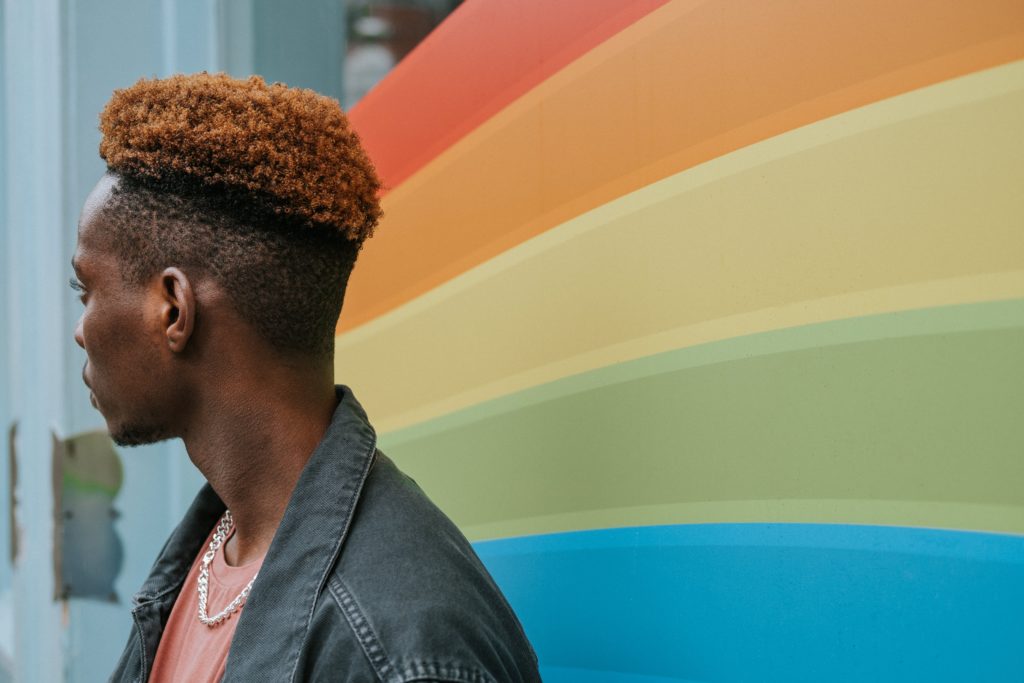LGBTQ rights have evolved significantly over the past few decades, but challenges persist in many parts of the world. In particular, education and equality remain two of the most pressing issues for the LGBTQ community, both in terms of legal rights and social acceptance. This article will explore the state of LGBTQ rights from a global perspective, examining key issues related to education, equality, and the ongoing fight for human rights worldwide.
What Are LGBTQ Rights?
LGBTQ rights refer to the human rights of individuals who identify as lesbian, gay, bisexual, transgender, queer, or those who belong to other sexual and gender minorities. These rights encompass the right to live free from discrimination, access to healthcare, education, employment, and the right to love and marry whom one chooses without fear of persecution or violence. The global fight for LGBTQ rights seeks to ensure that individuals can live authentically and safely in their own communities.
The State of LGBTQ Rights Around the World
LGBTQ rights are not universal, and their acceptance varies widely across different countries and cultures. While many countries in North America, Western Europe, and Oceania have made significant strides toward achieving equality, others, particularly in parts of Africa, Asia, and the Middle East, continue to criminalize homosexuality and limit the rights of LGBTQ individuals.
LGBTQ Rights in Western Countries
In many Western countries, LGBTQ individuals enjoy a relatively high degree of legal protections and recognition. In the United States, the landmark 2015 Supreme Court ruling in Obergefell v. Hodges legalized same-sex marriage nationwide. In Canada, same-sex marriage has been legal since 2005, and the country is often regarded as one of the most LGBTQ-friendly nations. European nations like Spain, the Netherlands, and Sweden have also been leaders in LGBTQ rights, with many providing comprehensive anti-discrimination protections in employment, healthcare, and education.
Despite these advancements, LGBTQ individuals in some Western countries still face challenges. For example, transgender individuals continue to encounter legal and social barriers in areas such as healthcare, employment, and legal gender recognition.
LGBTQ Rights in Developing Countries
In many developing countries, particularly in Africa, Asia, and the Middle East, LGBTQ individuals face extreme discrimination, legal persecution, and social ostracization. In countries like Uganda and Nigeria, laws criminalizing same-sex relationships are still in effect, and individuals accused of engaging in homosexuality can face imprisonment or even death. Many conservative societies continue to view LGBTQ people as immoral or unnatural, leading to widespread stigma and violence.
In Asia, progress has been slow but steady in certain areas. Taiwan became the first Asian country to legalize same-sex marriage in 2019, while other nations, such as India, have made strides in decriminalizing homosexuality. However, LGBTQ individuals in countries like China, Indonesia, and Russia still face significant legal and social barriers, with LGBTQ activism often repressed.
LGBTQ Rights in the Global South
In Latin America, there has been progress in the recognition of LGBTQ rights, with countries like Argentina, Brazil, and Colombia legalizing same-sex marriage and implementing anti-discrimination laws. However, LGBTQ individuals still face violence and discrimination in some areas, particularly in rural or less urbanized regions.
In the Global South, LGBTQ issues often intersect with broader human rights concerns. In countries experiencing political instability or conflict, LGBTQ individuals may be doubly marginalized, facing both government repression and violence from non-state actors.
Education and LGBTQ Rights
Education is a key battleground in the fight for LGBTQ equality, as it is through education that society’s attitudes toward LGBTQ individuals are shaped. However, educational systems around the world vary in their treatment of LGBTQ topics and their support for LGBTQ students.
LGBTQ Inclusion in the Classroom
In many Western countries, there is a growing movement toward including LGBTQ topics in the curriculum. Schools are increasingly incorporating lessons on LGBTQ history, gender identity, and sexual orientation. For example, in the UK, the government passed the Relationships and Sex Education law, which mandates that schools teach about LGBTQ relationships and gender diversity. This move aims to create an inclusive and supportive environment for LGBTQ students and challenge homophobia and transphobia in schools.
In the United States, LGBTQ-inclusive education is more varied depending on the state and local school policies. Some states, like California and New Jersey, have passed laws requiring LGBTQ history to be included in school curricula, while others resist such measures. Furthermore, LGBTQ students in the U.S. face significant bullying, harassment, and discrimination in schools, which can impact their mental health and academic success.
LGBTQ Rights in Schools in Developing Countries
In developing countries, the situation is often more complex. In many parts of Africa and the Middle East, LGBTQ issues are largely invisible in schools, and discussions on gender and sexuality may be limited to heteronormative perspectives. LGBTQ students are frequently subjected to bullying, harassment, and exclusion, and in some cases, they may even be forced into conversion therapies or corrective actions.
For instance, in countries like Saudi Arabia, homosexuality is illegal, and LGBTQ students would likely face serious consequences if their sexual orientation or gender identity were discovered. The lack of LGBTQ-inclusive education in these regions only exacerbates the stigma and discrimination that LGBTQ individuals experience.
In Asia, the situation is similarly mixed. While some countries like Taiwan and Nepal have made significant strides in LGBTQ rights, others like Japan and South Korea continue to struggle with the visibility and acceptance of LGBTQ people in education.
Challenges for Transgender Students
One of the most significant challenges within LGBTQ education is the inclusion of transgender students. Transgender individuals often face unique obstacles in schools, including misgendering, lack of access to gender-affirming facilities, and limited support from teachers and administrators. Many schools lack the necessary policies or training to support transgender students, leading to increased rates of bullying and mental health issues.
In some regions, transgender students are prohibited from expressing their gender identity at school, leading to further marginalization. The need for gender-neutral bathrooms, supportive teachers, and inclusive policies is critical to ensuring that transgender students have the opportunity to thrive in educational environments.
The Role of International Organizations in Promoting LGBTQ Rights
International organizations play a vital role in promoting LGBTQ rights and supporting global efforts to achieve equality. Organizations like the United Nations (UN), Human Rights Watch, and Amnesty International advocate for the rights of LGBTQ individuals and call for the decriminalization of homosexuality, the end of discriminatory practices, and the protection of LGBTQ people from violence and persecution.
The UN, in particular, has made significant strides in advocating for LGBTQ rights, with various human rights bodies recognizing the need for global action to address homophobia, transphobia, and discrimination. In 2011, the UN Human Rights Council passed a resolution affirming that human rights apply to all people, regardless of their sexual orientation or gender identity.
The Fight for Equality: Moving Forward
While significant progress has been made in many countries, the fight for LGBTQ equality is far from over. Key issues that continue to require attention include:
- Decriminalization of Homosexuality: In over 60 countries, same-sex relationships are still criminalized. Advocacy for the decriminalization of homosexuality remains a crucial goal for LGBTQ activists.
- Transgender Rights: Transgender individuals face widespread discrimination, particularly in employment, healthcare, and education. Legal recognition of gender identity, access to gender-affirming care, and protection against discrimination are vital for achieving equality.
- LGBTQ Health: LGBTQ individuals face unique health challenges, including mental health issues related to discrimination and social stigma. Ensuring access to comprehensive healthcare services is critical.
- Ending Violence and Hate Crimes: Violence against LGBTQ individuals, including hate crimes, remains a significant concern. Legal frameworks to protect LGBTQ people from violence and support victims are necessary to create a safer world for everyone.
Conclusion
The global fight for LGBTQ rights is ongoing, and significant progress has been made, especially in terms of legal recognition and societal acceptance in many Western countries. However, challenges remain, particularly in developing nations where discrimination and criminalization of LGBTQ individuals continue to persist. Education plays a pivotal role in shaping attitudes toward LGBTQ individuals, and inclusive, supportive educational environments are essential for fostering equality. Moving forward, a global commitment to human rights, supported by international organizations and local activism, will be necessary to achieve true equality for all LGBTQ individuals worldwide.
By addressing issues of discrimination, providing inclusive education, and ensuring legal protections, we can create a world where LGBTQ people are free to live authentically and without fear.


